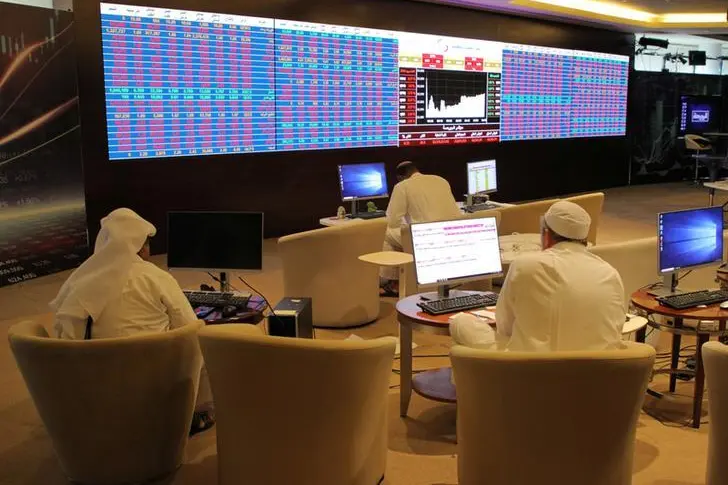PHOTO
Coronavirus pressures will keep provisioning costs high for Qatari banks this year as loan quality worsens, despite resilient 2020 results, Moody’s Investors Service said in a report published on Monday.
The combined net profit of the eight Qatari banks declined 12 percent year-over-year to 20.4 billion rials ($5.6 billion). The aggregate return on assets was 1.2 percent, compared with 1.4 percent in 2019.
Banks' total operating profit rose by 4 percent to 43.9 billion rials in 2020, up from 42.1 billion rials the previous year, boosted by higher net interest income of 9 percent. However, earnings were squeezed by an 11 percent decline in non-interest income.
The decline in bottom-line profitability mainly reflected higher pandemic related provisioning, which was partly offset by cost savings and higher net interest income.
“Although Qatari banks reported resilient earnings in 2020 with the pandemic’s added pressure on profits, we expect provisioning costs to remain high in 2021,” says Nitish Bhojnagarwala, Vice President – Senior Credit Officer at Moody’s Investors Service.
“This will be driven by a slow economic recovery that will make it harder for borrowers in sectors such as real estate, construction and contracting to repay debt.”
Moody’s expects Qatar's real GDP to grow by 1.7 percent in 2021 after contracting by 3.5 percent in 2020 because of the coronavirus pandemic and decline in oil prices.
Strong buffer, support package
Provisioning costs rose to 32 percent in 2020 from 20 percent in 2019, due to the impact of the coronavirus and subsequent global economic shock. Moody’s expects total income to remain subdued in 2021 as lower business volumes strain profits.
While loan quality has largely stayed stable, problem loans are set to emerge across sectors most vulnerable to the pandemic such as hotels and restaurants, airlines, tourism and retail.
Despite this, Qatari banks hold strong capital buffers that have been supported by lower dividend pay-out ratios and firm earnings. These strong buffers, coupled with an oil price recovery and greater political stability, will support banks’ financial performance this year.
Qatari government has a significant footprint in domestic banks as a shareholder, depositor and customer, which to some extent insulates the banking sector from external events, Moody’s said.
A 75 billion rials stimulus and support package to the private sector, equivalent to around 12 percent of nominal GDP, and a 10 billion injection to boost the country’s capital market also helped limit the impact of the coronavirus outbreak.
(Reporting by Brinda Darasha; editing by Daniel Luiz)
Disclaimer: This article is provided for informational purposes only. The content does not provide tax, legal or investment advice or opinion regarding the suitability, value or profitability of any particular security, portfolio or investment strategy. Read our full disclaimer policy here.
© ZAWYA 2021





















